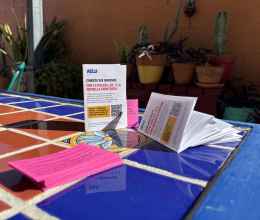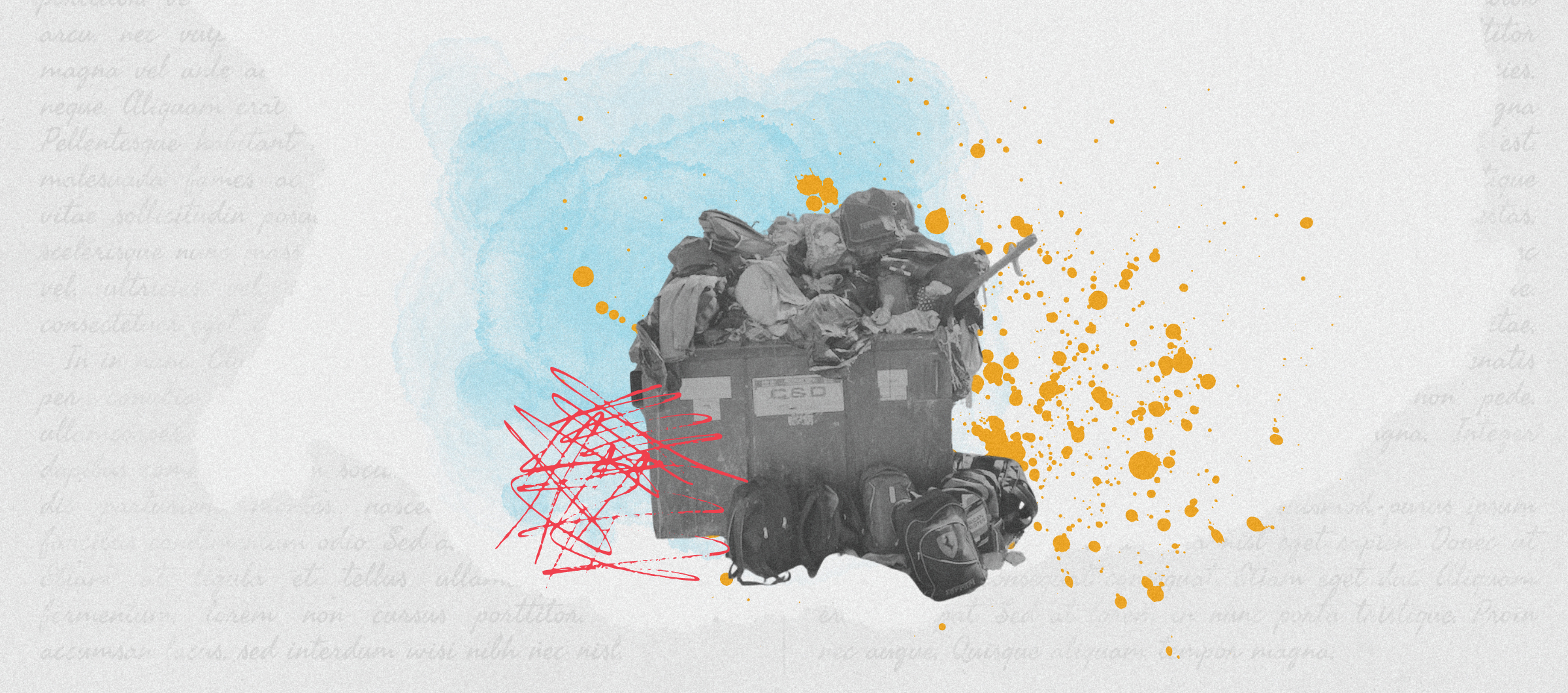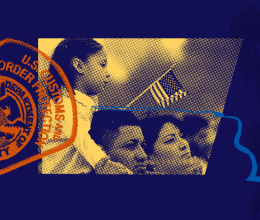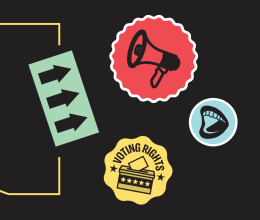
27 House members and four U.S. Senators sent an open letter to Troy Miller, the Acting Commissioner of U.S. Customs and Border Protection (CBP) last week, calling on the agency to finally address a longstanding practice of the U.S. Border Patrol: needlessly stripping migrants of their most essential and cherished personal belongings. Whether these are religious items, vital medications, important legal documents, or practical items that people need to get by, confiscations have harmed people already facing unfathomable precarity and vulnerability. It is well past time for CBP to adopt stronger policies to ensure that migrants are afforded the respect they deserve — at minimum, that should include being able to keep their belongings.
Congress’s letter comes on the heels of a scathing report from the Government Accountability Office (GAO), released in May, which found radical inconsistencies across Border Patrol stations in how migrants’ personal property is handled. The report confirmed what we and other advocates have been witnessing for years — that Border Patrol routinely forces migrants to discard all but a meager subset of their belongings, with some stations forcing people to keep nothing more than what can fit into a small plastic pouch.
Back in February, we and several organizational partners published a separate report that shed light on the scale of this issue and the kinds of items migrants have been forced to discard. These include religious items and garb such as bibles, turbans, hijabs, and rosaries; important legal documents such as birth certificates, passports, and national identification cards; items of practical significance like cellphones, money, and clothing; and irreplaceable items of sentimental value.
READ NOW: FROM HOPE TO HEARTBREAK
On of the most troubling patterns discovered was Border Patrol’s confiscation of and failure to replace peoples’ medications and medical devices. Since 2022, advocates assisting migrants in the Phoenix metropolitan area have documented well over 1,200 cases where migrants’ medicine was confiscated and not replaced. In multiple cases, this lapse in medical regimens required people — including young children — to seek emergency medical care.
Since we went public with our findings and began briefing members of Congress on this issue, public pressure has been growing.
- 1045 advocates across the country have signed the petition demanding Border Patrol to stop trashing migrants’ belongings
- Stories about the report were published in the Arizona Luminaria, the Border Chronicle, The Vanguard, Cronkite News, Arizona Public Media, and The Independent
- “I Had Nothing,” a supporting video produced by Neon Zoo, reached almost 40,000 people on social media, was screened at the Annecy International Film Festival in June, and is a 2024 Collision Awards finalist
What’s more, CBP has finally publicly committed to developing new policy guidance, and mechanisms to monitor its implementation within Border Patrol in response to GAO’s report.
These are promising developments, but continued pressure on CBP is essential to ensure the agency follows through with policy reforms that are all-encompassing. While the confiscation of and failure to replace migrants’ medications is perhaps the most dangerous aspect of property confiscation at the border, numerous conversations with CBP policymakers have shown it to be the one they are least willing to address.
The agency has said it cannot allow migrants to keep medications if medical contracts are unable to quickly identify them, but also that Border Patrol lacks sufficient stockpiles to always replace the medications it confiscates. This results in people entering Border Patrol custody being stripped of their ability to manage complex chronic conditions like HIV, seizure disorders, diabetes, and high blood pressure. To the extent those people can quickly find and obtain replacement medications after leaving custody, they and local healthcare systems bear the financial cost.
With Congressional attention on this and the agency's willingness to make policy changes, now is the time to finally put an end to these abusive and inhumane confiscations.
TELL BORDER PATROL: STOP TRASHING MIGRANTS' BELONGINGS




